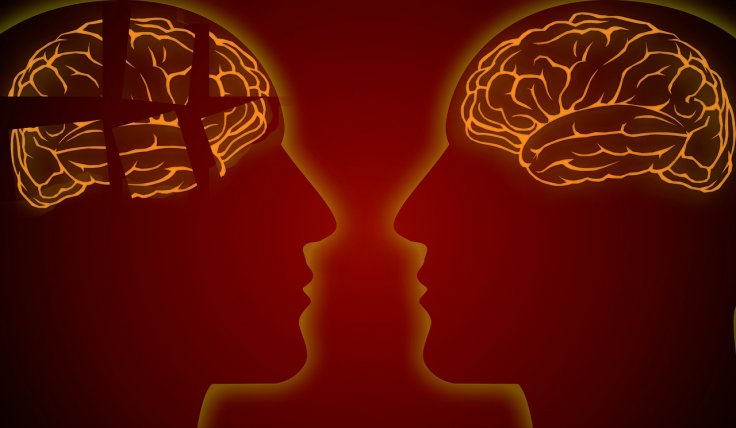
Alzheimer's is a progressive disease where nerve cells in a patient's brain degenerate causing severe memory loss. In the early stages of the disease, the memory loss will be mild, but later, the individual will lose the ability to carry out even a simple conversation.
Several studies had previously suggested that the main cause of Alzheimer's is the accumulation of a protein named amyloid β (Aβ) in clusters around neurons in the human brain. As amyloid β aggregates in the hippocampus, it will affect the synaptic plasticity of the neurons. Synaptic plasticity is very crucial to the development of the hippocampus. As Synaptic plasticity gets affected, it could result in memory loss among Alzheimer's patients.
Love Hormone to Defend Alzheimer's Disease
Now, a new study conducted by researchers from Japan has found that oxytocin, popularly called the love hormone, is capable of defending the onset of Alzheimer's disease effectively.
"Oxytocin was recently found to be involved in regulating learning and memory performance, but so far, no previous study deals with the effect of oxytocin on Aβ-induced cognitive impairment," said Professor Akiyoshi Saitoh from the Tokyo University of Science and the lead author of the study in a recent statement.
In an experiment conducted on mice, the research team found that additional perfusion with oxytocin reversed the synaptic plasticity, thus increasing the signaling abilities of neurons. Scientists also noted that special structures in the membranes of brain cells, called oxytocin receptors, are very much necessary to reverse the synaptic plasticity.
"This is the first study in the world that has shown that oxytocin can reverse Aβ-induced impairments in the mouse hippocampus. At present, there are no sufficiently satisfactory drugs to treat dementia, and new therapies with novel mechanisms of action are desired. Our study puts forth the interesting possibility that oxytocin could be a novel therapeutic modality for the treatment of memory loss associated with cognitive disorders such as Alzheimer's disease. We expect that our findings will open up a new pathway to the creation of new drugs for the treatment of dementia caused by Alzheimer's disease," added Saitoh.
Blood Tests to Detect Alzheimer's Disease
A few months back, another study led by researchers at the Ruhr-Universität Bochum (RUB) had found that blood tests could help to detect Alzheimer's disease at a very early stage. According to the study report, blood tests could help to identify the onset of Alzheimer's at least eight years before the trigger of the initial clinical symptoms.
Researchers who took part in the study suggested that early signs of Alzheimer's take place on the proteins of the human body before 20 years, and blood tests could help to identify this possibility before the onset of symptoms.









